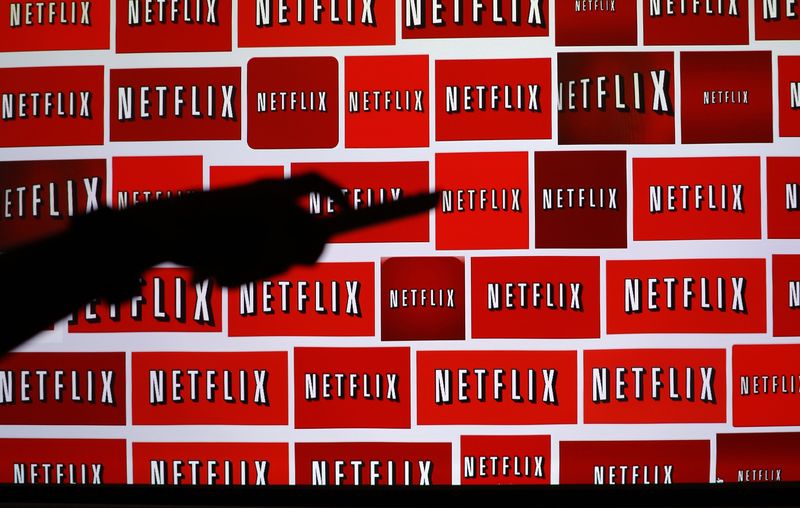By Paul Carsten and Lisa Richwine
BEIJING/LOS ANGELES (Reuters) - As Netflix Inc tackles stalling U.S. growth, the online video pioneer known for hit political drama "House of Cards" plans a play for China that may see it lock horns with potent domestic firms that rule the world's biggest Internet market.
Netflix said on Tuesday it would expand to as many as 200 countries within two years, up from about 50 now, to extend its growth prospects. "For every country we know what we want to do, but in China we are still exploring our options," Chief Executive Reed Hastings said in an interview.
Hastings told investors Netflix would start with a "modest" move in China centred around its original series and licensed content. "We'll learn a great deal if we can successfully operate a small service in China...That is our preference, for the next few years, if we are able to acquire the necessary permissions," he said.
But China, with two Internet users for every U.S. citizen, is not easy for foreign firms. Google Inc, YouTube, Facebook Inc and Twitter Inc, have all been blocked in the country.
And China now boasts domestic online giants from Tencent Holdings Ltd and Alibaba Group Holding Ltd to rising smartphone maker Xiaomi Inc (XTC.UL). Together they are spending hundreds of millions of dollars to bring foreign TV and films to China.
"The real question is do they (Netflix) think they've got something, have they hammered out all these relationships with foreign content providers that Chinese companies can't offer?" said Mark Natkin, managing director of Beijing-based Marbridge Consulting. "My sense is not."
To succeed in China, Netflix may also need flexibility in its business model, both in finding ways to accept payments and in coping with a domestic streaming market built on advertising rather than subscriptions. And it may need to tailor its programming - "House of Cards" has aired in China in dubbed form, to critical acclaim, but garnered comparatively small audiences.
PAYMENT QUESTIONMARKS
CEO Hastings acknowledged in an interview the "relatively low" prevalence of credit cards for online payments in China. To get around this, Netflix may have to partner with online payment services - the biggest of which are run by Alibaba's PayPal-like affiliate Alipay and Tencent's payment platforms.
Netflix's potential Chinese rivals, which broadcast popular domestic entertainment as well as foreign content, have another advantage: they are free, supported by advertising in a market where people don't expect to pay for online media. Subscription models are almost entirely non-existent in China.
If Netflix doesn't go with an established Chinese partner, it needs a licence to operate. "It's not 100 percent clear we'll be able to do that," Hastings told analysts.
Even with a licence, home-grown competition will be tough. China's regulators are imposing new licensing and quota restrictions - helping the domestic TV and film industry develop with less competition from mature foreign media, analysts say. The state has reserved the right to remove anything it considers "harmful" content from the Internet, ranging from what it deems to be pornography to "distortions of history".
Netflix's content itself may be an issue for an audience as particular as China. "House of Cards", with Academy Award winner Kevin Spacey as star and co-executive producer, was well received in China but its latest season got 8.2 million average streamed views per episode, a small audience for a nation of 1.3 billion.
Meanwhile, the BBC's "Sherlock" detective series had 29 million views per streamed episode on average on Alibaba's Youku Tudou Inc, while South Korean romantic comedy "My Love from the Star" had a whopping 181 million average views on Internet firm Baidu Inc's iQiyi and streaming site LeTV combined. Two popular Chinese shows averaged 76 million and 61 million per episode.
For Marbridge Consulting's Natkin, Netflix's ambition provides an echo of that voiced by the string of international firms dazzled by the market's promise, obscuring China's complexities.
"Another company...sees this magical 1.3 billion number, multiplies it by some fractional percentage of market share, and that equals a pot of gold at the end of the rainbow," said Natkin.
